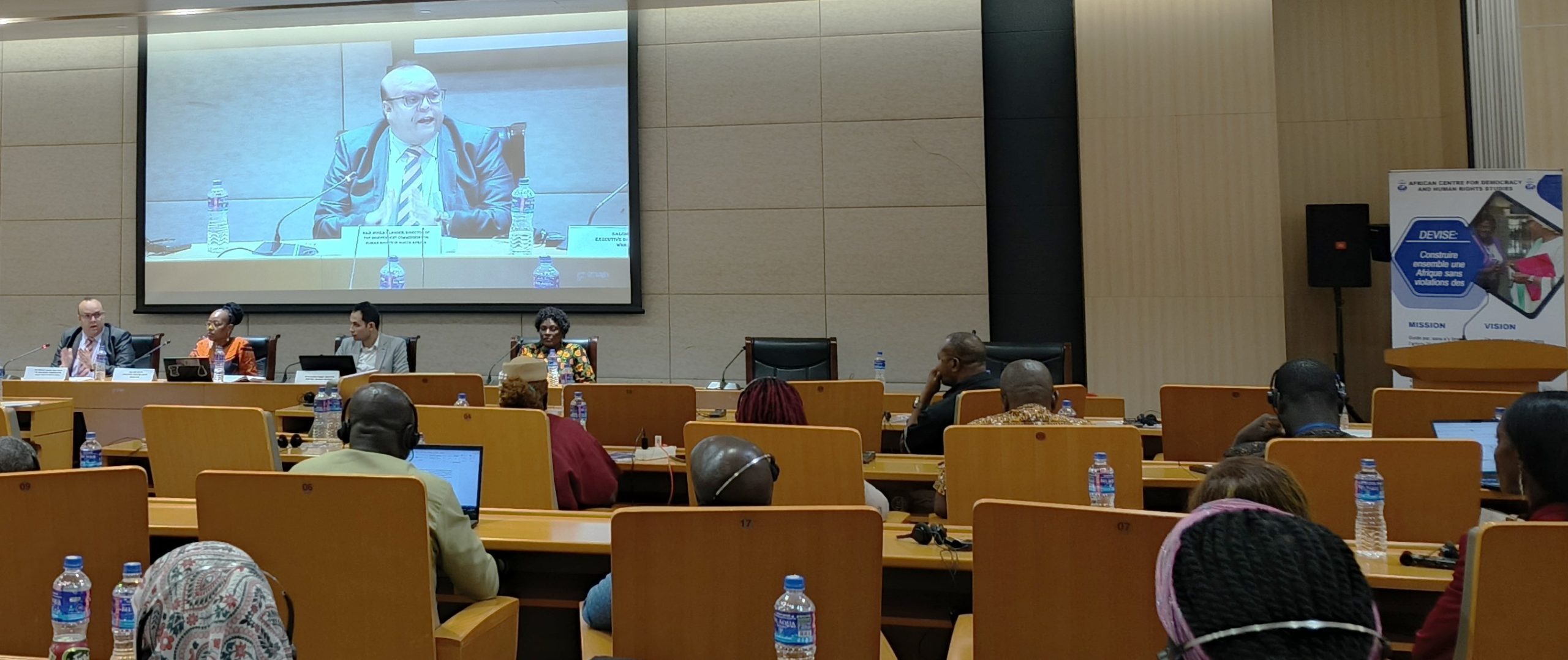The small Caribbean island nation of Grenada underwent its review session by the Working Group on the UPR on 10 May 2010. The three-member delegation began its presentation 20 minutes late, and with a relatively short speakers list the session ended 45 minutes early. The Minister for Foreign Affairs, Mr Peter David, presented the State report, which focused largely on the Government’s efforts in the areas of education, housing and the fight against corruption. Mr David provided answers to the written questions submitted in advance by States, which raised concerns about the legality of corporal punishment, discrimination against homosexuals, human trafficking, domestic violence, and inadequacies in the juvenile justice system.
Grenada was commended for its efforts in improving access to education and supporting the rebuilding of homes after a 2004 hurricane. States also raised questions and submitted numerous recommendations, including for Grenada to:
- Ratify core human rights instruments including the Optional Protocol to the International Covenant on Civil and Political Rights, the Optional Protocol to CEDAW, the Convention on the Rights of Persons with Disabilities, the Optional Protocol to the Convention on the Rights of the Child, the International Covenant on Economic, Social and Cultural Rights, the Convention on the Rights of Migrant Workers and Their Families, and the Convention Against Torture
- Ensure that domestic legislation is in line with human rights conventions and seek technical assistance in this regard where necessary
- Issue a standing invitation to all UN special procedures, and submit all pending reports to the treaty bodies
- Establish an independent national human rights institution in line with the Paris Principles
- Encourage a moratorium on the death penalty, with the goal of moving toward abolishment
- Improve prison conditions through inter alia reducing overcrowding, regularly reviewing detention centres compliance with human rights standards, and putting a halt to inhumane punishments such as food restriction
- Ensure a fair and efficient juvenile justice system that guarantees the separation of children from adults in detention centres, facilitates access to counsellors and avoids delays in case proceedings; it was also recommended that Grenada raise its minimum age of criminal responsibility above the current seven years
- Abolish corporal punishment in all areas, including detention centres, schools and the home; and guarantee effective protection for both boys and girls against all forms of physical abuse, sexual abuse and exploitation
- Implement guidelines on alternative care for children and introduce a complaints mechanism for children living in alternative care institutions; and ensure legal protection for children born out of wedlock
- Increase efforts to reduce domestic violence through law enforcement training and public sensitisation; and strengthen victim assistance
- Adopt measures preventing gender discrimination, especially in the workplace
- Adopt constitutional measures specifically prohibiting human trafficking for sexual or labour exploitation
- Decriminalise consensual relationships between same-sex individuals; and ensure LGBT individuals equal access to employment and health care
- Step up support for the national health care system, increase efforts to prevent HIV/AIDS transmission and adopt programmes to reduce the infant and mother mortality rates.
Grenada replied to many of the questions raised and noted that while corporal punishment remain legal the Government is making efforts to reduce its use. In relation to the death penalty the delegation explained that the courts are moving away from imposing it. The criminalisation of homosexuality is due to be addressed by the Government, but Mr David did not elaborate on whether or when the law would be changed. Grenada will consider all of the 92 recommendations made and submit its replies at the 15th session of the Human Rights Council in September 2010. Mr David noted that the large majority of recommendations would be favourably considered.



